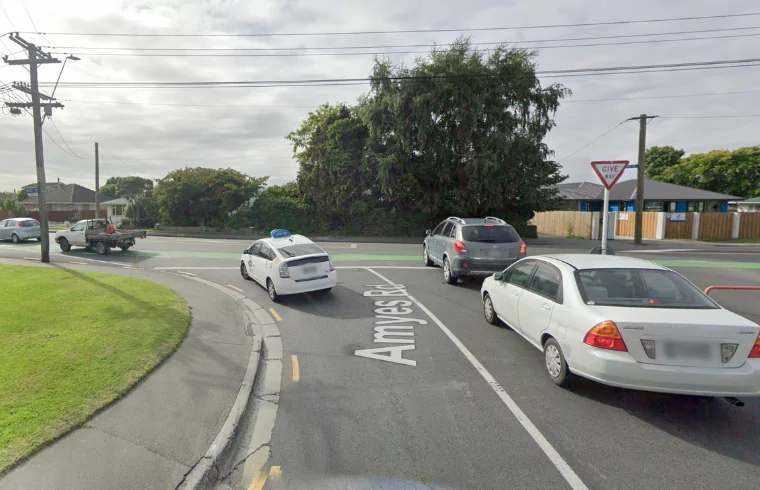Woolworths New Zealand’s wide-ranging supermarket restructure has come under fire from Workers First Union, which says the changes will result in thousands of experienced workers facing reduced pay, fewer hours, or redundancy.
The company confirmed the shake-up to staff on Friday following a consultation period, saying the new store operating model is designed to “ensure we have the right expertise, in the right place, at the right time” to improve the customer experience.
But Workers First Union said the restructure—set to disestablish all department manager and duty supervisor roles—would severely impact the incomes of long-serving staff, some of whom have spent decades working for the supermarket chain.
Rudd Hughes, Workers First national retail secretary, said more than 4,400 union members would be affected by the proposal in one way or another.
“A bakery or butchery manager will potentially face a decrease of about $15,000 to $17,300 per year, while other department managers will face average pay decreases ranging from nearly $10,000 to $11,700 per year under this proposal,” said Hughes.
“While some people in those roles will opt for redundancy, it’s not a viable option in smaller or more remote regions without comparable jobs on offer.”
“For those people, it could be absolutely immiserating. Imagine you’ve worked for your local Woolworths in a specialist role and reached a senior pay band after twenty years on the shop floor – now, many will be back to square one and facing significant financial hardship as a result of the restructure.”
One worker, who spoke anonymously due to company restrictions, said staff were “upset and angry” about the proposed changes.
“We have a lot of long-serving butchers and bakers across the country – I know that many of them will be leaving rather than taking a massive pay cut to stay in the job,” they said.
“We’re losing tons of experience in these positions, and I think customers will inevitably notice the difference in our products. Meanwhile, they’re making big capital investments in new land and stores, and it feels like this restructure is being done to save money after a very expensive rebranding.”
Hughes said the union was calling on Woolworths to “grandparent” existing pay and conditions—preserving current wages for employees until their roles are refilled through retirement or resignation.
“Woolworths have the right to pursue a restructure on their own business grounds, but they have not taken on board the most important concerns of workers and are pushing to the same conclusion they’ve always sought – reduced operating costs,” he said.
“Less than five years ago, we were calling essential workers heroes and lauding their sacrifices for the collective good during a global pandemic. The very least Woolworths could do is to recognise their skills and experience and protect their incomes during an incoming global recession.”
The union said it would continue to engage constructively with Woolworths and support members through any redundancy or redeployment process.
In response, a Woolworths New Zealand spokesperson said the company had confirmed changes to its store operating model “to improve our customers’ experience when they shop with us.”
“The key difference with the new model is that our team will collaborate together on tasks, rather than working separately in departments. This means more team on the store floor helping our customers, making sure the products they need are on the shelves, and improving our overall service.”
Woolworths said the new model also offers “clearer leadership pathways” for its 18,000 store team members to build long-term careers.
“We have heard a lot of useful and considered feedback from our team and Workers First Union and we’ve taken this on board – making changes like the introduction of a new tier of store leadership, ensuring we have the right number of leaders in our stores supporting our team and customers at peak times and ensuring leadership cover for leave and absences.”
The company plans to pilot the new operating model in upper North Island stores starting in late May, and said it would invest $6.6 million in training and upskilling team members.
Separately, Woolworths confirmed that its Blockhouse Bay and Māngere Mall stores would close later this year due to expiring leases and declining local demand.
“We’ve made the difficult decision not to renew our leases in these locations,” the spokesperson said. “Considering the ongoing tough economic environment, we believe the most responsible path forward is to consolidate in these areas.”
Blockhouse Bay will remain open until November and Māngere Mall until September. Woolworths said it was working closely with affected staff to support redeployment into nearby stores.
“Our absolute focus is supporting our hardworking team through these changes, and on giving our customers more value, convenience and a fantastic shopping experience – and we’re committed to getting on with that.”









